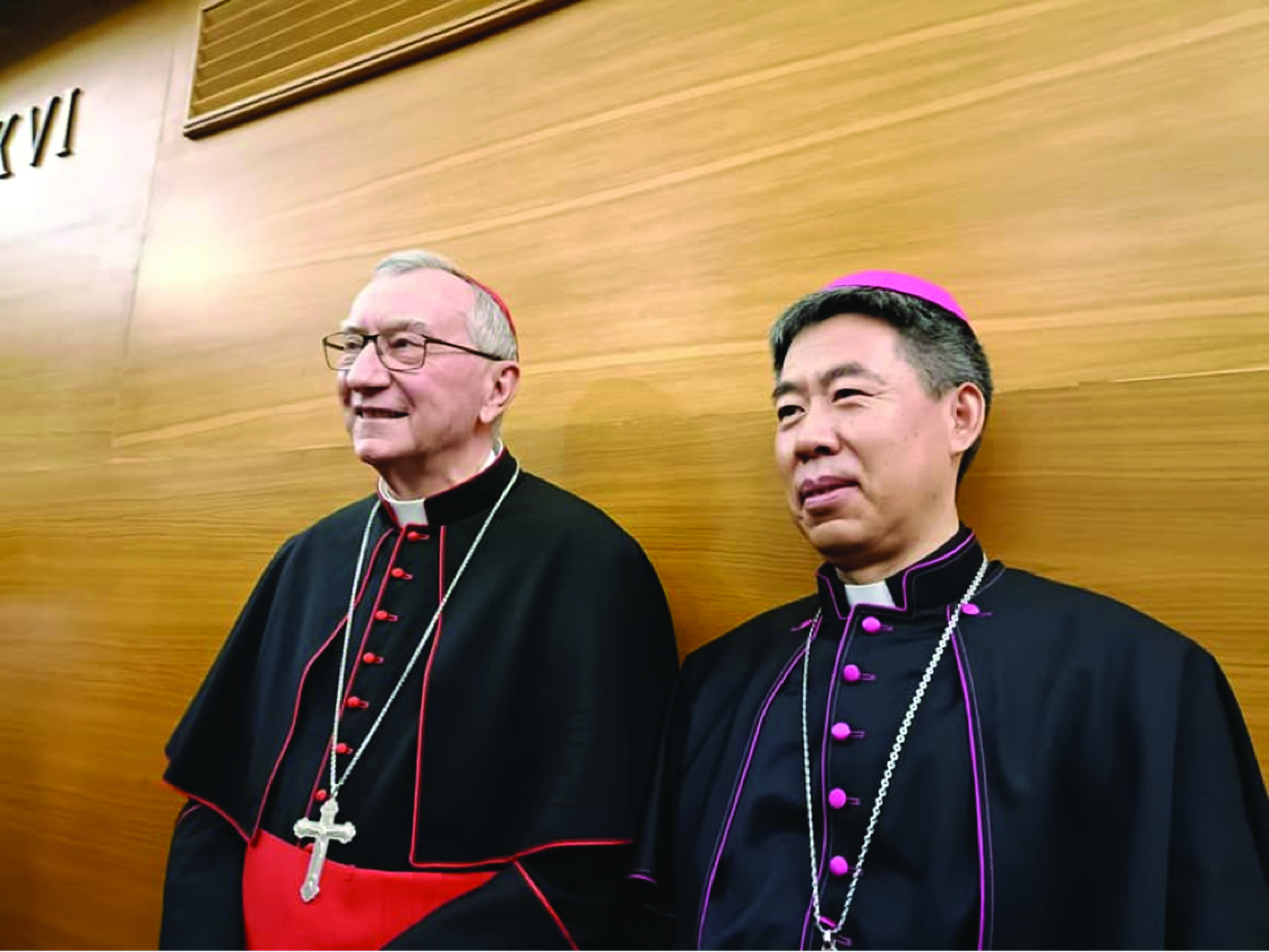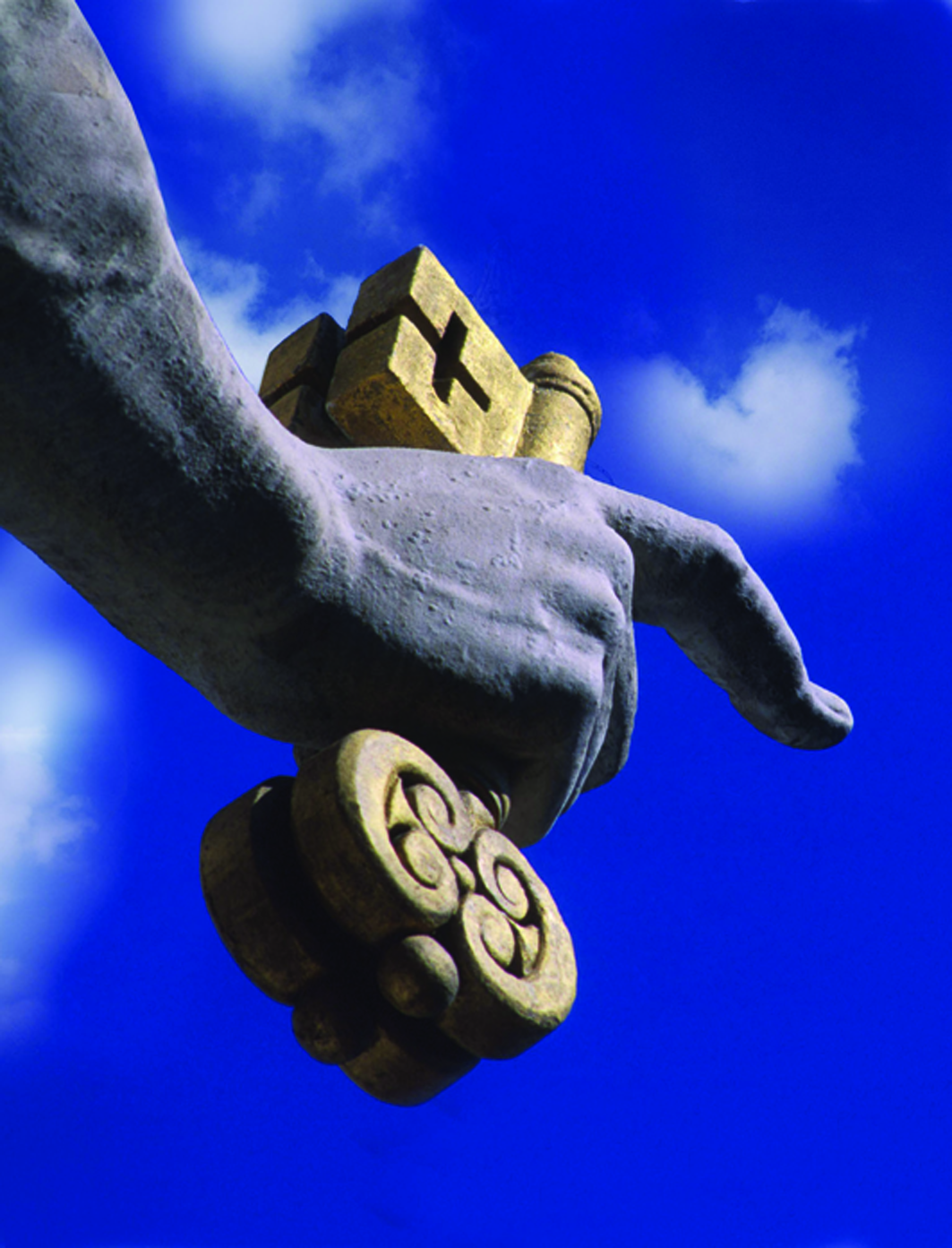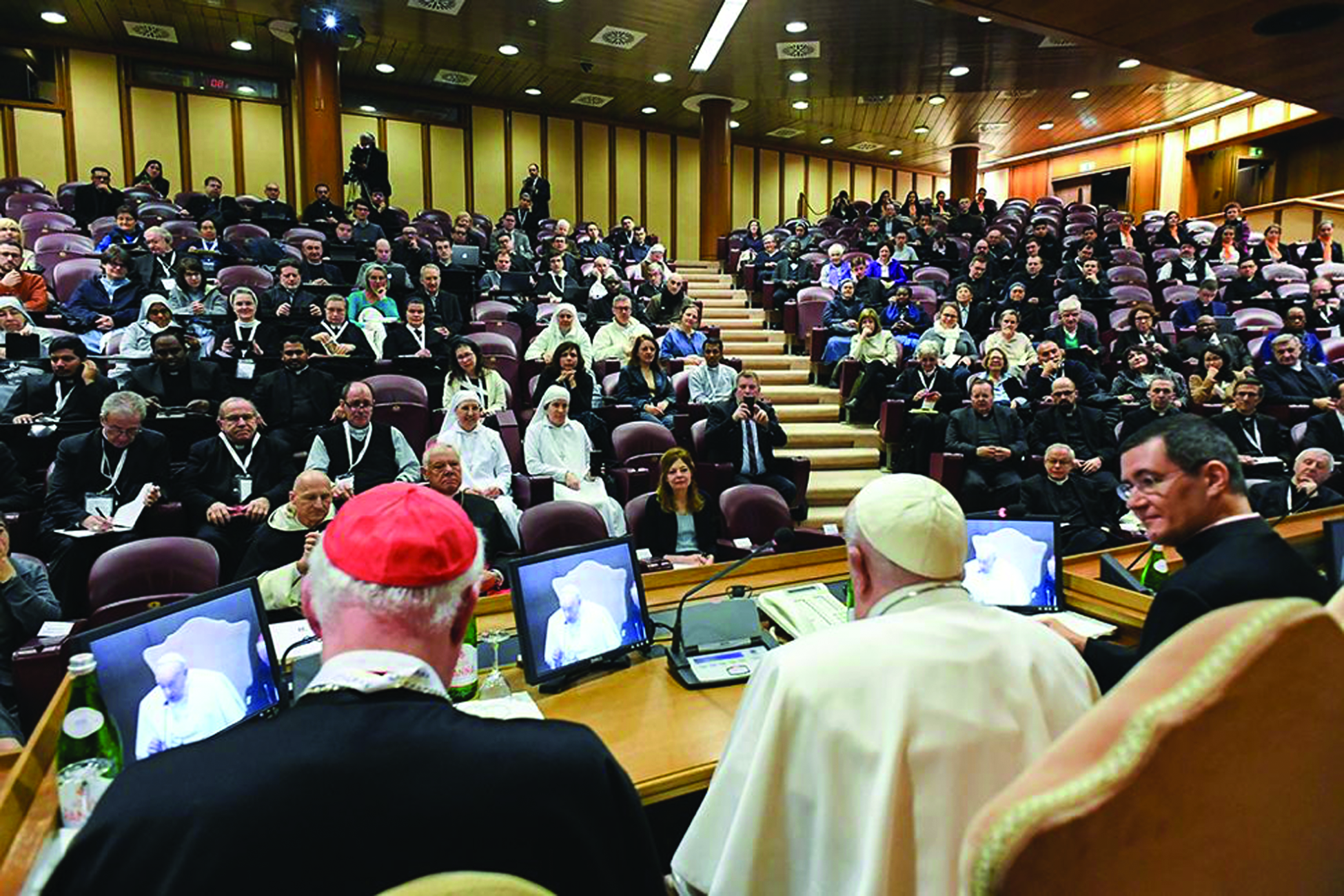After two months, Pope Francis’ pontificate is still in its infancy. Even for some of the cardinals who voted for him, understanding the new pontiff has been a learning process. Right after the election of the new Pope, in mid-March, many cardinal electors met with journalists to talk about the figure of the new pontiff and their reflections on the experience of the conclave. Among them was Swiss Cardinal Kurt Koch, president of the Pontifical Council for the Promotion of Christian Unity. He met with mostly German-speaking journalists present at that time in Rome. The meeting with the Swiss cardinal was in the barracks of the Swiss Guard near St. Anne’s Gate in the Vatican.
“We should remember that the election of a Pope is not like elections to the Swiss Bundesrat (Parliament),” Cardinal Koch said. “It is about prayer and the effort to understand who would be the right Pope for the present time.”
In answer to a question about what he expects from the new Pope, Cardinal Koch stressed that, in the first place, he expects any Pope will be “purely Catholic,” someone who will hand on the faith and tradition of the Catholic Church to the future.
“Then, we must give him full liberty to leave his personal accents,” Koch added. “We saw that already in the fact that he asked the people for a blessing. Then, I was impressed by how silent the Square became for the prayer. Then, he dedicated the diocese of Rome to Our Lady. I notice here a lot of humility, how humble he has been, in the same way as Pope Benedict.”
One curiosity is that the new Pope underlines strongly the fact that he is “Bishop of Rome” rather than “Pope.” That was among the questions of the journalists.
“The Pope is only the Pope because of being Bishop of Rome,” Koch said. “He holds a universal primacy for the whole Catholic Church. He can hold it in the role of Bishop of Rome. I don’t see anything new in this, as also Pope Benedict presented himself as Bishop of Rome on many occasions. He met with the Roman clergy to speak spontaneously about the Second Vatican Council. Each Advent and Lent, he visited one of the Roman parishes. John Paul II visited them a lot.”
The Swiss cardinal expressed his hope that Pope Francis would be as committed in Rome as in Argentina to ecumenism.
He noted that Cardinal Bergoglio had been, in his country, an ordinary for the Eastern Catholic rites, as is Cardinal Christoph Schoenborn, archbishop of Vienna, for the Eastern-rite Catholics in Austria. Koch said that in a personal conversation, the new Pope had assured him that ecumenism, the effort to reunite Christians, is very important to him personally.
“I feel that his conviction is authentic,” Koch said. “He understands that Christian unity is a true challenge.” He added: “The fundamental thought of every Pope has to be faithfulness to the principal lines of the Second Vatican Council,” which stressed the need for Christian unity.
A number of journalists asked whether the new Pope would be “conservative” or “progressive.” Koch replied that the new Pope would not be “provincial” but would care for the universal Church.
“The Pope is not only the Pope for the Swiss, but for the universal Church,” Koch said. “He comes from a non-European country. Certainly, he is going to have some different emphases than he would if he came from Switzerland. He comes from another continent. He will have to face the fact that the Church in Europe is polarized. It is not easy.”
Cardinal Bergoglio’s unexpected election seemed to prove an old Roman saying: “He who enters the conclave as Pope, leaves as a cardinal,” in other words, that leading “favorites” are often not elected.
So how was Bergoglio elected? We do not know. Each cardinal takes an oath of secrecy regarding the conclave proceedings. But Koch gave some general indications. “Each cardinal votes for a person whom he feels would be a good Pope,” Koch said. “Nobody can look into the heart of a cardinal. This is a question of conscience. We do not vote for political reasons, but we do vote prayerfully, trying to discern who might be the right person.”
Koch denied media speculations that there were divisions among the cardinals during the pre-conclave congregations. He considered those meetings an interesting experience. “They were long sessions, but it is better to think longer before making a decision, than to be hasty,” he added.
The cardinal said the fact that Cardinal Bergoglio was a Jesuit was “neither an advantage nor an obstacle; we voted for a person.” He added, with a smile: “It is clear, now we have two Popes: a white one and a black one, as the General of the Jesuits is called.”
Journalists noted that the name of the cardinal elected Pope appeared on the internet already shortly after 6 p.m., about an hour before the time of the official announcement. Koch did not confirm the exact time of the final ballot. He said he did not check the time.
He confirmed that, after his election, the new Pope went to the “Room of Tears” to vest, then came out and greeted each of the cardinals personally, then went alone to pray in the Pauline Chapel, next to the Sistine Chapel.
Koch, a member of the College of Cardinals for only two years, said he did not know the new Pope well, meeting him for the first time in the days before the conclave. “He seemed to me a humble person with deep faith, not looking for great things, but accepting them when they are requested.” Koch said that, in past centuries, Europeans went to evangelize Latin Americans, but now a Latin American was needed to become a Pope and to evangelize Europe.
The Pontifical Council for the Promotion of Christian Unity is divided into two departments: Eastern and Western. The Eastern Department is responsible for the dialogue with the Orthodox Churches while the Western is divided into 16 sections for the dialogue with the Protestant Churches.






Facebook Comments